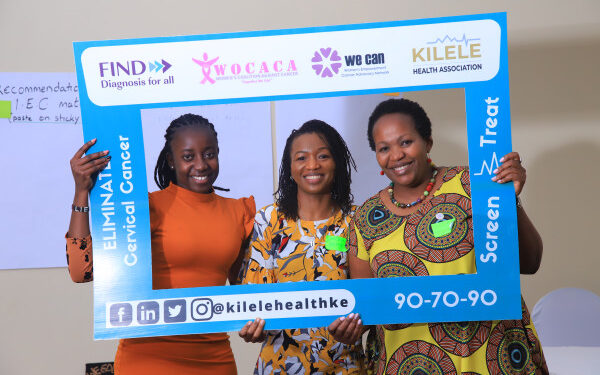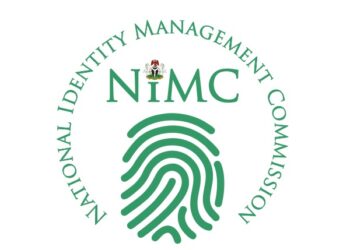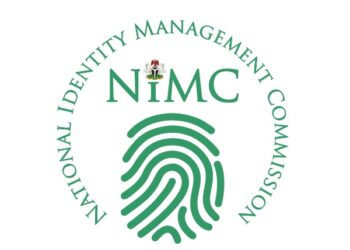African Cervical Health Alliance (ACHA) has been launched to empower communities and increase access to prevention and control of cervical cancer in Africa by 2030 in line with global targetswith the ACHA Secretariat is hosted by KILELE Health Association, with catalytic support from FIND.
The launch of the African Cervical Health Alliance (ACHA) was announced today, ahead of the anniversary marking the global commitment to eliminate cervical cancer.
An online event showcased the power of civil society to galvanize action in pursuit of cervical cancer elimination across the continent. The event, hosted by KILELE Health Association as ACHA Secretariat, featured speakers from the ACHA membership from African countries.
These included community organizations, public health officials, policy makers, and voices from those with lived experience of the disease.
Cervical cancer is both preventable and curable if detected early, through highly effective HPV vaccines, high-performing HPV DNA screening tests, and early treatment of precancerous lesions.
But while awareness of the positive impact of vaccination and value of screening and treatment for women, their families and economies has improved, today, cervical cancer remains the one of the deadliest cancers among women in Sub-Saharan Africa – because women in these countries simply do not have access to these life-saving measures.
The World Health Organization (WHO) and governments around the world have made a commitment that cervical cancer will be the first cancer ever in the world to be eliminated, setting “90–70–90” targets for 2030 that can put all countries on the pathway to this achievement: 90% of girls fully vaccinated with the HPV vaccine by the age of 15, 70% of women screened by the age of 35 years and then again at 45 years, and 90% of women with pre-cancer or invasive cancer treated.
Experience from the fight against HIV/AIDS has shown that civil society organizations play a pivotal role in addressing health challenges, by advocating for policy change, raising awareness, and providing education and support to those affected.
ACHA is mobilizing organizations from across the African continent to similarly unlock progress towards cervical cancer elimination, by improving access to quality healthcare, empowering women to make informed health decisions, and bringing services closer to those who need them.
In collaboration with stakeholders, ACHA will leverage resources and expertise, contributing to women’s health, and protecting families and livelihoods.
With catalytic support from FIND, ACHA is launching with a membership of 22 organizations (https://apo-opa.co/3R0l1eT) representing 15 African countries, focused on five workstreams:
Targeted advocacy, supported by research
Focused capacity building and training
Sustainable resource mobilization
Strategic community engagement and outreach
Tailored communications and informational materials.
Benda N. Kithaka, Executive Director, KILELE Health Association, said: “ACHA desk reviews have shown that there is little research shaping community engagement in Africa, despite the fact that our continent is the hardest hit by cervical cancer, with the pain, suffering and deaths from this disease being the highest in the world”.
“Our women are excited to be a significant contributor to change cervical cancer effects on the families; and we know women in African communities are ready to take up elimination. ACHA members are uniting behind the call to governments to follow through on their global commitments to 90–70–90. We encourage others to join us and make this happen.”
Dr Angela Muriuki, Director of Women’s Health at FIND, said: “At FIND, we strongly believe that cervical cancer could be eliminated within a generation. We can only achieve this through true partnership with women and communities and creating a platform for African voices to lead the drive towards elimination in Africa”.
“We are delighted to support the formation and strengthening of ACHA as we know empowerment of women will be key to accelerating uptake of national screening programmes, and that screening is critical so that today’s generation of women do not miss out.”














